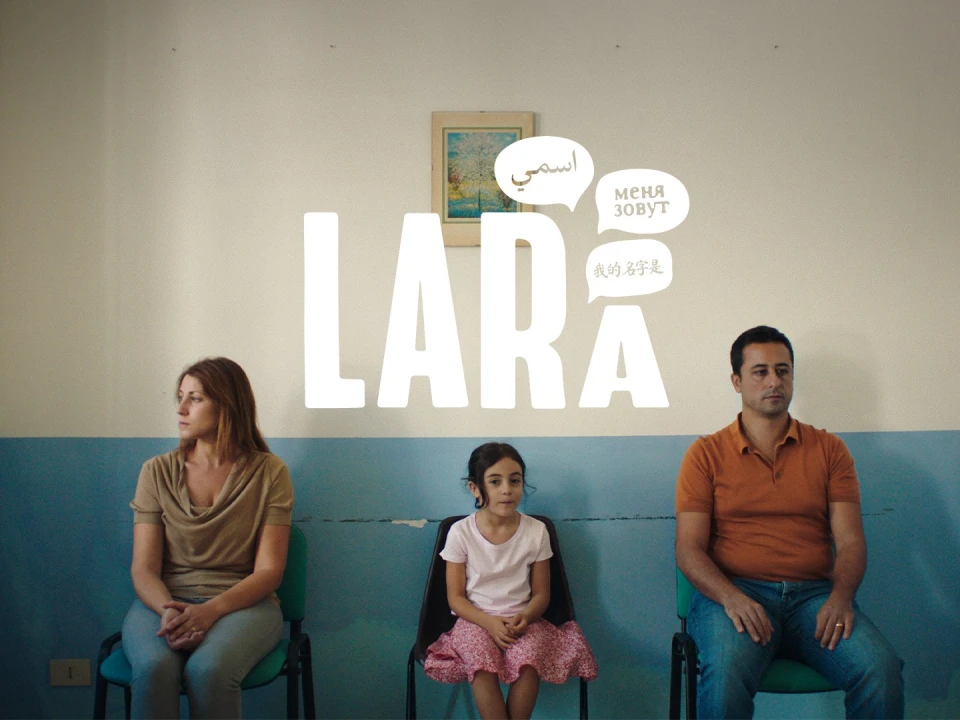Lara, the world's most powerful automatic translator, developed by the Italian company Translated and powered by artificial intelligence, became available online on Monday, November 4. Translated combines human creativity with new technologies to produce reliable translations quickly.
The artificial intelligence model was trained in partnership with Nvidia and operates using a vast amount of data (approximately ten billion words) collected over the past twenty-five years. Lara doesn't just transfer phrases and expressions from one language to another, but also understands and explains the context in which a phrase is spoken and needs to be translated.
If something isn't immediately clear, it adds a note, such as: "The ground is red because we're on a tennis court." Thus, "the earth" becomes "the court."
Users can also specify gender preferences, especially when translating from languages that don't make such distinctions. For example, when translating the English phrase "The nurse and the doctor are going to the hospital," you can instruct Lara to use gender-neutral language to get this translation: "The nursing staff and the doctor are going to the hospital," rather than specifying gender.
The features offered by Lara (a name chosen because it's pronounceable in all world languages) could significantly impact translation operations that typically require considerable time and effort. This universal translator converts entire documents into our preferred language without requiring text copy and paste. Users simply upload their file (dozens of formats are supported) to receive an instant translation. For those who can't type, simultaneous translation can also be activated through voice recording, and Translator is even learning some dialects, such as Roman and Neapolitan.
Translated spent three years developing this translator, which currently has an error rate of 2.5%. While this is very low, it's not enough for the company: their next goal is 1%, which means just over one error per thousand words. This essentially approaches language singularity, a universal language through which people worldwide can understand each other.
The company is working to ensure that within a year, Lara can also be used for simultaneous translation in video conferences. Picture this: two multinational employees, one Italian and one American, meet to discuss their situation. The Italian will speak in their language, and their colleague will hear it in English, and vice versa. This sense of proximity will be enhanced by lip synchronization, processed by AI to make it comprehensible to the conversation partner.



